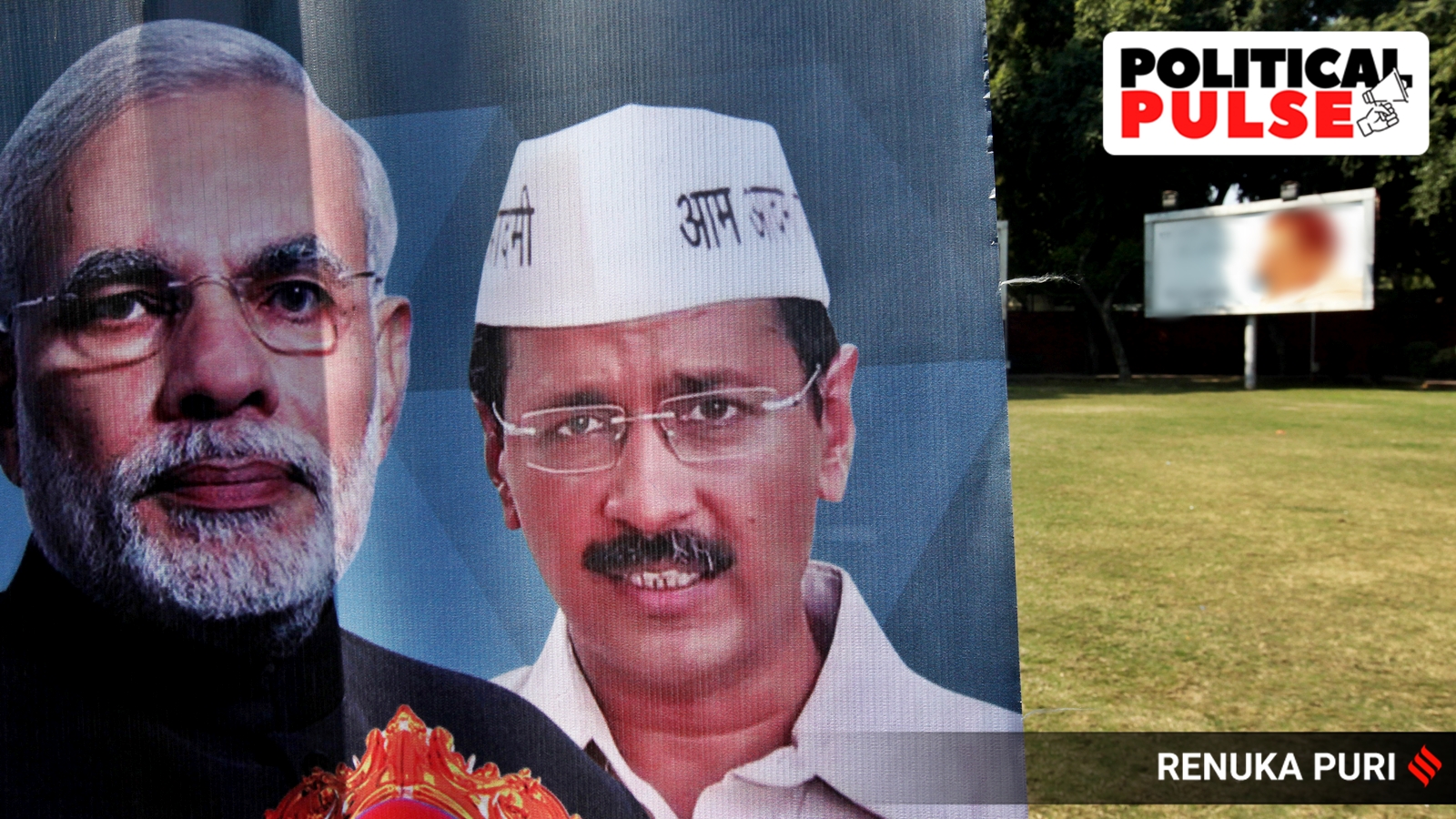
Delhi Chief Minister Arvind Kejriwal was arrested on March 21, 2024 in connection with a money laundering case linked to alleged irregularities in the scrapped Delhi excise policy 2021-22. The Enforcement Directorate (ED) carried out searches at Mr Kejriwal's official residence on Thursday before arresting him.
The Aam Aadmi Party (AAP) has called for a nationwide protest against the Bharatiya Janata Party (BJP), labelling Mr Kejriwal's arrest as 'murder of democracy' and an 'announcement of dictatorship.' The party claims that the Modi government is using federal investigative agencies to systematically pressure political rivals.
The Delhi Chief Minister, who has denied wrongdoing, was produced before a special Prevention of Money Laundering Act (PMLA) court on Friday. The ED may seek a 10-day custody for further interrogation.
Security around the ED office and Mr Kejriwal's residence have been heightened, with additional barricades set up in anticipation of planned protests.
The scrapped excise policy promised a more modern shopping experience with discounts and offers. However, Delhi Lieutenant Governor Vinai Kumar Saxena's order to investigate alleged irregularities prompted the policy's cancellation. The AAP accuses Mr Saxena's predecessor, Anil Baijal, of making last-minute changes that adversely affected the policy’s revenue expectations.
Two prominent AAP leaders, Manish Sisodia and Sanjay Singh, are already under judicial custody in connection with the case. Mr Sisodia was arrested by the Central Bureau of Investigation (CBI) on February 26 last year, while Mr Singh was arrested by the ED on October 5.
The BJP is confident that it can withstand any backlash from Arvind Kejriwal's arrest. Many BJP cadres are questioning why the Modi government is playing safe when it came to Kejriwal due to his popularity.




